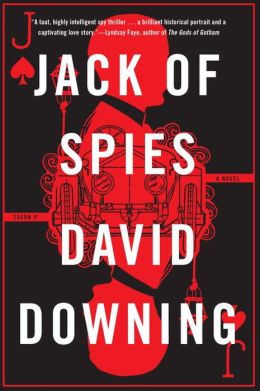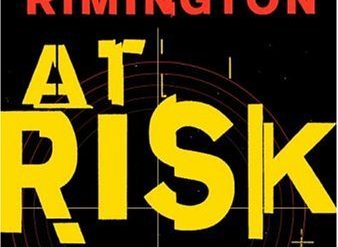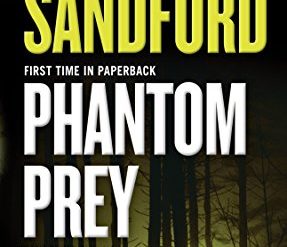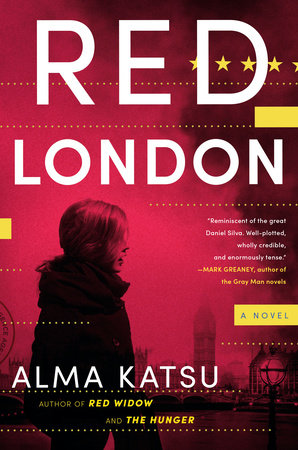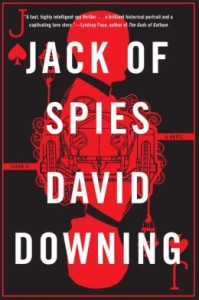
Jack McColl is a young Scotsman bored with selling luxury automobiles, so it’s no wonder that he opts for a life of intrigue and adventure when an offer comes along from the Admiralty to do a little spying on the side while on a sales trip to China. All he need do is nose around the German enclave of Tsingtao in the northeast to see what the wily Boche might be cooking up in response to British Navy maneuvers in the region.
In the weeks that follow, McColl travels to the USA, Mexico, England, and Ireland on one assignment after another from his unseen boss in London. The enemies in his sights switch from Germans to Indians to Irish and back to Germans again. Given that McColl is an agent of the senescent British Empire, engaged in the losing struggle to hold onto one-third of the world, I found myself rooting for the Indians and the Irish and wondering why McColl didn’t switch sides somewhere along the way. I finished reading the book only because I kept expecting this development as the climactic event in the story.
No such luck.
Jack of Spies (Jack McColl #1) by David Downing ★★★☆☆
As you’ve no doubt surmised, this tale of spies and derring-do is set in an earlier era — a century ago, actually, on the brink of the First World War, when it could actually still be said that “gentlemen don’t read other people’s mail.” So, once he leaves the auto business behind and goes full-time, McColl becomes one of an early generation of professional espionage agents. The exotic setting and the consequential events of the time should provide a platform for a thrilling novel. Unfortunately, it doesn’t. The writing style is undistinguished, the character development limited, the ending underwhelming, and the plotting throughout surprisingly lame for a professional writer.
David Downing is the British author of a dozen books, including both an earlier series of six historical spy novels featuring John Russell and four nonfiction books that include popular biographies of Clint Eastwood and Jane Fonda. Never having read any of the man’s other works, I can’t say whether he’d be better off in another genre. The only conclusion I draw is that I’m not inclined to pick up any of his other novels.
For additional reading
You might also enjoy my posts:
- The 15 best espionage novels
- Good nonfiction books about espionage
- The best spy novelists writing today
- Top 10 mystery and thriller series
- Top 10 historical mysteries and thrillers
And you can always find my most popular reviews, and the most recent ones, plus a guide to this whole site, on the Home Page.

